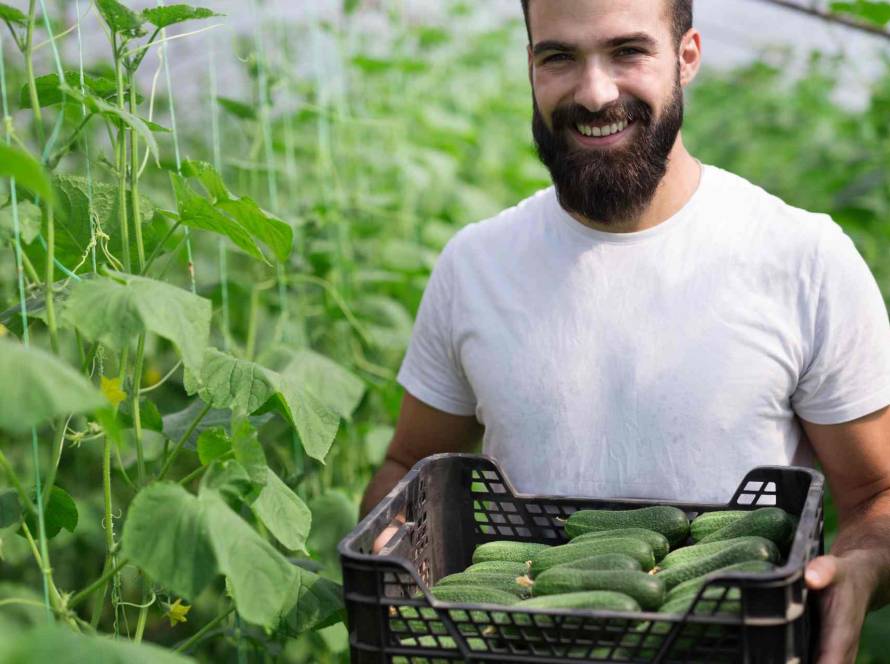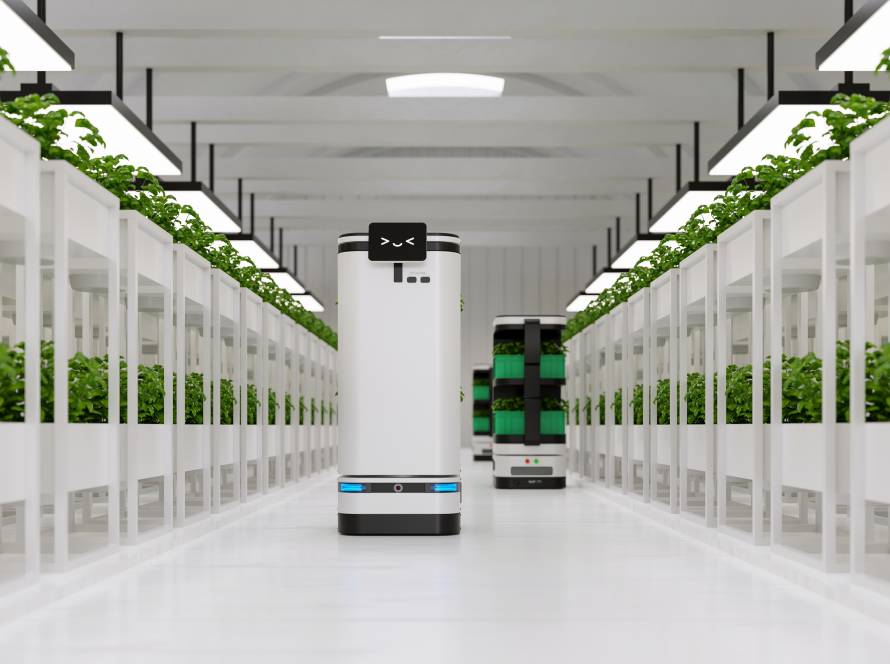In recent years, global crises have rendered food security and supply chains increasingly fragile. Pandemics, climate change, wars, and economic uncertainties have swept into our lives like invisible storms, impacting our tables. Amid these challenges, fermented foods—a shared heritage of cultures across the ages—emerge as a lifeline. These products not only enhance nutritional richness but also bolster food resilience, underscoring the value of local solutions.
Fermentation: The Ancient Art of Resilience
Fermentation is one of nature’s oldest and most powerful preservation methods. From sauerkraut to yogurt, kefir to vinegar, countless products are born from this time-honored technique. Fermented foods not only extend shelf life but also enhance nutritional value. Lactic acid bacteria and natural enzymes make these foods nutrient-dense and easier to digest, ensuring a healthy and reliable food source even during crises.
Local Solutions for Global Challenges
Fermented products are typically crafted by small-scale producers and family businesses. This local production model reduces dependence on imports while invigorating local economies. For instance, traditional pickles made in a village are tailored to the region’s climate and crops, minimizing environmental impact and preserving cultural diversity. When global crises disrupt supply chains, local fermentation practices serve as a dependable shield, ensuring a steady food supply. Moreover, local production fosters community solidarity and strengthens social bonds.
Nutritional Richness and Health Benefits
Fermented foods do more than extend shelf life—they enrich foods with probiotics and other gut-healthy components. These nutrients bolster the immune system, making the body more resilient during stressful times. In crises, a strong immune system becomes a critical pillar of food security.
Cultural Memory and Local Identity
Fermentation is not merely a biological process; it is also a form of cultural memory. Every region boasts its own unique pickle recipes, yogurt-making traditions, and vinegar production methods. Passed down through generations, these practices become integral to societal identity. During crises, these traditions offer both psychological support and a cultural refuge.
A Roadmap for the Future
In the shadow of global crises, enhancing food resilience through local solutions is becoming increasingly vital. Fermented foods are an indispensable ally on this journey. A world where traditional knowledge and modern science join forces opens the door to a future that supports local economies while strengthening global resilience.





